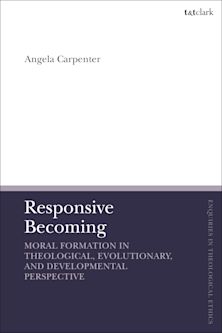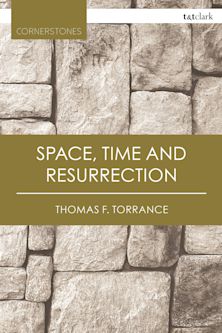- Home
- ACADEMIC
- Theology
- Theology and Science
- Creative Creatures
Creative Creatures
Values and Ethical Issues in Theology, Science and Technology
Creative Creatures
Values and Ethical Issues in Theology, Science and Technology
This product is usually dispatched within 3 days
- Delivery and returns info
-
Free US delivery on orders $35 or over
You must sign in to add this item to your wishlist. Please sign in or create an account
Description
This anthology, with contributions by leading scholars, introduces a new theme into the growing field of science-and-theology. This is the third volume published in association with ESSSAT in the series. This volume focuses on two topics that have so far received little attention, in the growing field of science-and-theology, i.e. ethical matters and issues raised by the technological applications of scientific knowledge. The book's main themes are: technology's impact on our worldview; morality, nature, and culture; and, morality in a technological society. The book is a selection of contributions to the ESSSAT conference in Nijmegen on "Values and Ethical Issues in Theology, Science and Technology". The essays have been selected on the basis of quality, and revised in order to create a comprehensive and carefully focused volume.
Table of Contents
Product details
| Published | Dec 01 2005 |
|---|---|
| Format | Paperback |
| Edition | 1st |
| Extent | 206 |
| ISBN | 9780567030894 |
| Imprint | T&T Clark |
| Dimensions | 9 x 5 inches |
| Series | Issues in Science and Theology |
| Publisher | Bloomsbury Publishing |
About the contributors
Reviews
-
"This is a well-written book which features short essays on some of the most important contemporary issues in science and technology, and religion."
Theological Book Review
-
"This is a collection of 14 informative and provocative papers."Theology, November 2008
-
'The essays were revised in order to create a carefully focused volume, and the editors have done well in producing a tightly knit book, well worthy of review by participants in the ongoing theology and science dialogue.'
Studies in Religion, Vol 39



































